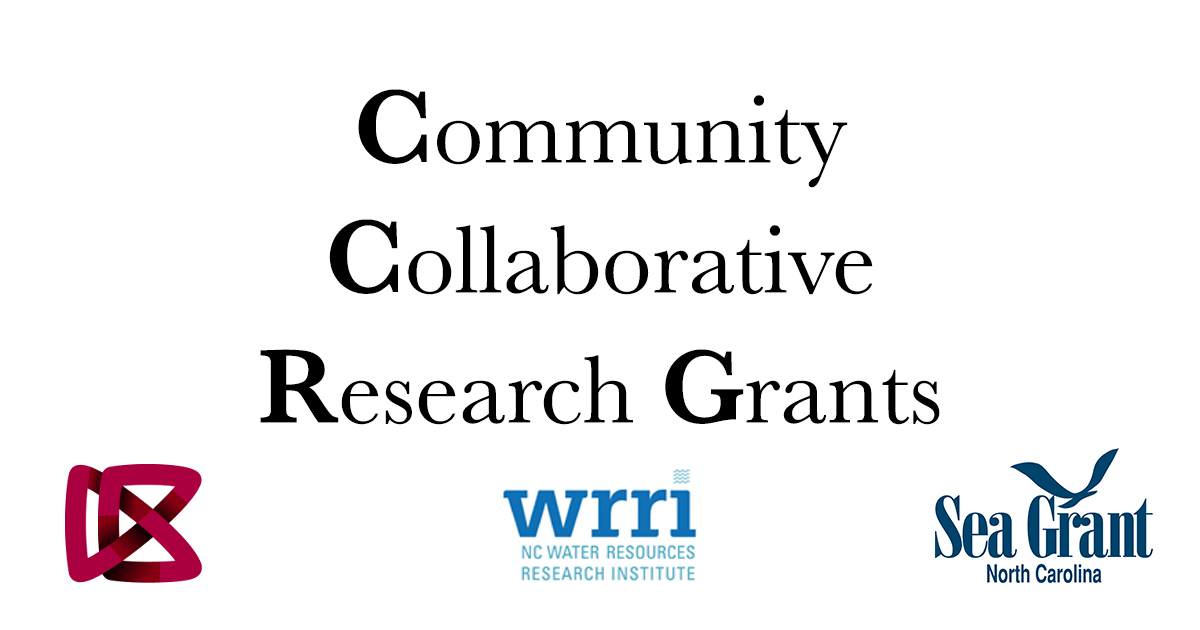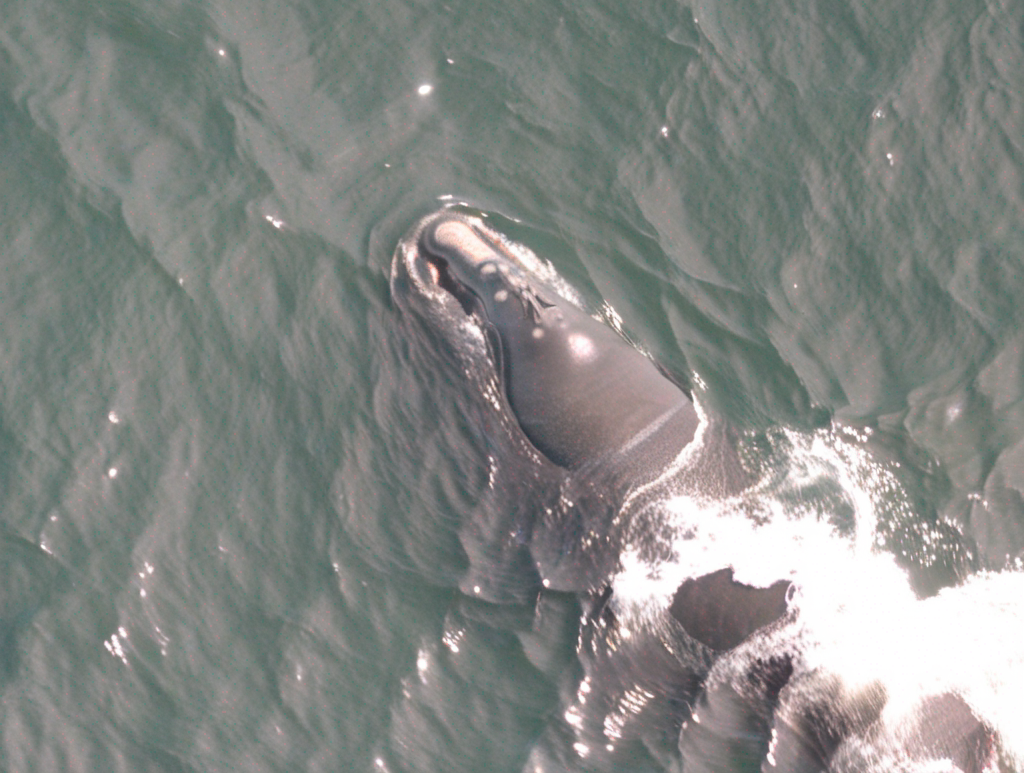North Carolina Sea Grant Requests Proposals for Community Collaborations
FOR IMMEDIATE RELEASE
Contact:
John Fear, 919-515-9104, jmfear@ncsu.edu
Katie Mosher, 919-515-9069, katie_mosher@ncsu.edu
North Carolina Sea Grant’s Community Collaborative Research Grant program (CCRG) is accepting proposals now through Jan. 20, 2020. Funding is open for projects across the state.
The program has resulted in significant returns on investment by bringing communities and university researchers together to study high-priority environmental and economic issues in the state. John Fear, North Carolina Sea Grant’s deputy director, says CCRG projects have increased the impacts of schools in the University of North Carolina System and private universities on rural areas of North Carolina.
“CCRG provides opportunities for new partnerships that sustain themselves well after the end of individual projects, allowing momentum for ongoing benefits,” Fear says. “This program is an effective and efficient process to continually address community priorities that can change year to year.”
This is the fourth year the CCRG program has partnered with NC State University’s William R. Kenan Jr. Institute for Engineering, Technology and Science (KIETS) and the second year the program is collaborating with North Carolina’s Water Resources Research Institute (WRRI). Because WRRI focuses on the state’s freshwater priorities, CCRG expanded its funding opportunities last year to include not only key coastal urgencies, but also statewide watersheds and water resource issues.
“Drawing on additional expertise from WRRI enables us to widen the scope of topics and the potential reach of CCRG projects,” Fear says. “Now, CCRG can benefit communities from the coast to the mountains of North Carolina.”
According to Raj Narayan, KIETS associate director, authentic community engagement and innovative collaboration remain defining elements of the CCRG program.
 “The CCRG program empowers both technical and adaptive leadership enabling thoughtful collaborations between community, academic, government, industry and non-profit partners,” Narayan says.
“The CCRG program empowers both technical and adaptive leadership enabling thoughtful collaborations between community, academic, government, industry and non-profit partners,” Narayan says.
“The projects supported through the CCRG have been very diverse and creative — and they are addressing important issues and relevant opportunities for communities across the state to work together in order to develop and implement ideas and solutions which seek to enhance the environmental and economic vitality of North Carolina,” he adds.
Fear says he anticipates the CCRG program will continue to benefit rural areas of North Carolina. Recently funded projects have addressed community resilience, wetland water quality treatment, algal blooms, and the nightscape and its potential for ecotourism.
New awards will range from $5,000 to $25,000 for two to 10 projects that take place over one year.
Access the 2019-2020 CCRG Request for Proposals and the application form:
go.ncsu.edu/CCRGprogram
Read more about the CCRG program.


